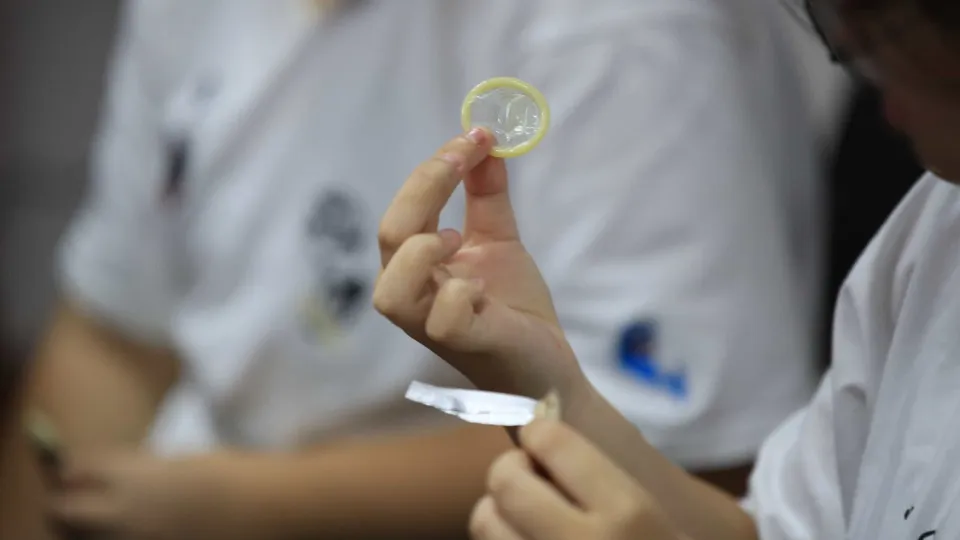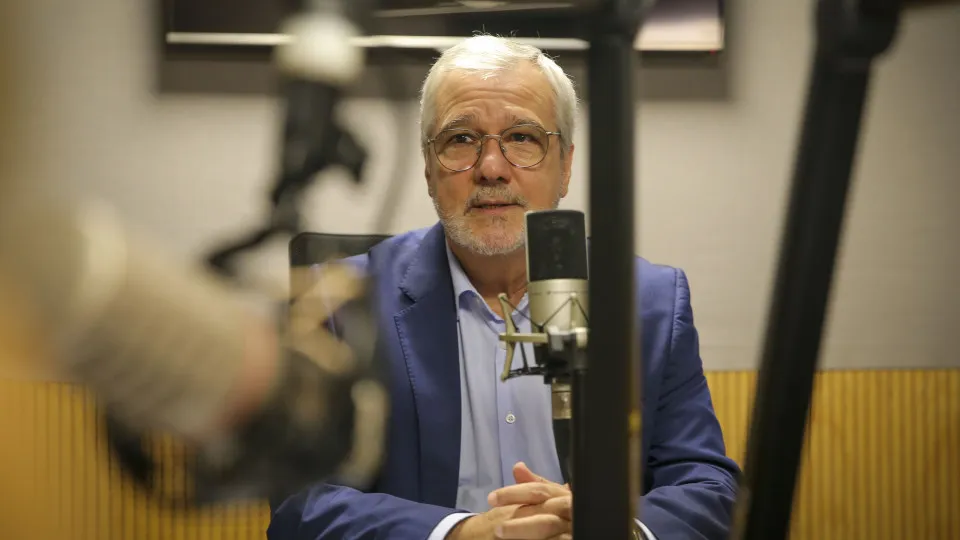
The “Lugar e Voz: Agência e Combate às Invisibilidades e Exclusão” project, involving 27 organizations, aimed to identify challenges and gaps in the areas of Women’s and Youth Rights, Health (including Sexual and Reproductive Health), Bodily Autonomy, Equality, Human Rights, Gender-Based Discrimination and Violence, as well as Power and Decision-Making.
Results indicated that 55.6% of civil society organizations believe there are no effective public policies in the area of Sexual and Reproductive Health.
“The data reveal a set of difficulties—structural and inclusion challenges—in the healthcare system that requires investment in literacy, diversity, and technical qualification to ensure the right to health equitably,” the study states.
“Lugar e Voz” notes that 30% of entities identify access to healthcare services as a primary “challenge or gap,” while 22.3% point to access to information and 20% highlight the representation of minority groups among healthcare professionals. Additionally, 17.3% call attention to adequate training for professionals.
“The data demonstrate a lack of resources and/or scarcity in education and training in Sexual and Reproductive Health, inequalities in access to services, as well as gaps in care and response to the needs of women, youth, and people in more vulnerable situations,” the essay reads.
In terms of main gaps or challenges, the organizations highlight comprehensive sex education projects and programs (11%), gender situation identification and support (11%), linguistic or language barriers (10.3%), access to Sexual and Reproductive Health (SRH) services (8.8%) and menstrual products (8.1%, fertility-related care (8.1%) and sexology consultations (7.4%), availability of contraceptives (6.6%), access to family planning services (6.6%) and termination of pregnancy (6.6%) and support during pregnancy and childbirth (5.1%).
“There is a clear concern with the absence of training and support related to sexual and reproductive rights and gender-based violence, both in educational contexts and within healthcare services,” it asserts, noting that half of the organizations (51.9%) operate in the field of Sexual and Reproductive Health.
Additionally, 74.1% of organizations are aware of and use the concept of bodily autonomy, while 70.4% say “there are no effective public policies in response to Gender Violence.”
The organizations identify work (23.6%) and family (23.6%) as places where inequality and violence frequently manifest and are socially invisible.
Moreover, 18.1% stress that schools “often fail to ‘respond to situations of ‘bullying’ and gender discrimination,” while 12.5% acknowledge practices of negligence in healthcare and security forces.
Within the study, 66.7% of organizations recognized weaknesses in public policies for youth in combating Gender Inequality and Violence, noting they “remain exposed to symbolic and direct violence,” especially in school, digital, and family contexts.
The initiative by P&D Factor – Association for Cooperation on Population and Development aims to “raise awareness about unrealized rights and promote increased knowledge and information” among civil society organizations, particularly on the rights of women and youth.




